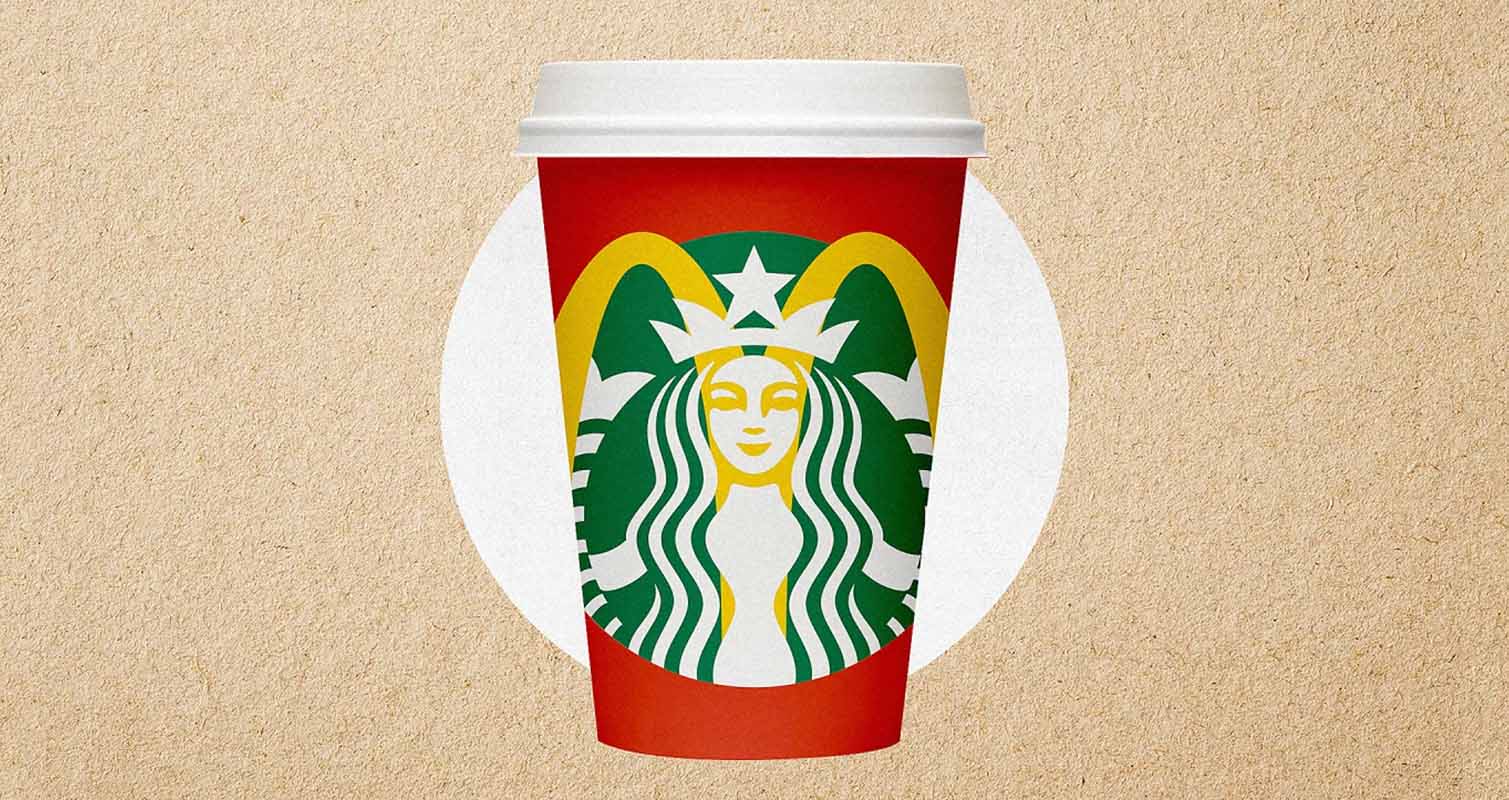A major issue for the growing segment of eco-conscious customers is their love for food chains and internal conflict with the chains’ waste products. Every time you grab a Starbucks drink or a sandwich from McDonald’s, the materials holding them go into the trash.
While most of Starbucks’s cups are technically recyclable, there are many issues such as Egypt’s unofficial recycling system through Garbage city and other international loopholes. Because of this, they are rarely recycled.
McDonald’s is joining Starbucks and Closed Loop Partners, an investment platform that invests in sustainable consumer goods, to tackle one of the food industry’s biggest recycling issues.
The Single-Use Cup.
- Advertisement -
The two major food chains are working with CLP to launch the NextGen Cup Consortium and Challenge. The challenge invites innovators, entrepreneurs, companies, and recyclers to submit ideas for 100% recyclable/compostable cups.
“McDonald’s is committed to using our scale for good to make positive changes that impact our planet and the communities we serve,” said Marion Gross, Senior Vice President and Chief Supply Chain Officer, McDonald’s USA. “We are excited to join Starbucks and Closed Loop to help solve this pressing challenge as collaboration is key to finding a scalable, lasting global solution.”
The challenge launches in September. According to the website, “Awardees receive grant funding up to $1 million based on key milestones. Up to seven awardees enter a six-month accelerator program to help scale their solutions.”
As some of the world’s biggest and most popular food brands, these two distribute 4% of the world’s annual 600 billion cups.
Aren’t their cups already recyclable?
Internationally, and locally, there are numerous issues as to why cups aren’t being recycled. But mostly, the issue stems from the fact that “recyclable” cups need to be redesigned to be truly recyclable in the real world.
“We believe recoverability can improve by developing a cup that can be successfully processed in both recycling and composting streams. This solution increases the value and economic viability of the material coming through the recycling system to ensure that recyclers want this material.” – The NextGen Cup Challenge.
This also isn’t the only environmental initiative by both food industry giants.
Earlier this year, McDonald’s released a statement to have 100% of their packaging come from renewable, recycled, or certified sources by 2025. They also hope to make recycling an option at all locations globally by that time.
Starbucks has also announced its other initiative, getting rid of plastic straws by 2020. With 28,000 stores worldwide, the decision could eliminate more than 1 billion straws a year.
The two have been talking together for years about working together to help the environment. It might seem strange, two large competitors working together, but McDonald’s insists that potential financial savings from keeping this type of innovation wouldn’t be significant.
“We’re looking at this as a pre-competitive opportunity. Before we would even compete in the normal way we traditionally would compete, this is kind of a step further back in the chain, saying, ‘how can we work together to solve a problem that’s an issue for society, for the environment,” says Gross.
“There are certain things we’d say that we’re not competitors on. The easiest example would be food safety. In food safety, there’s no competitive advantage. We all have to come with solutions and make sure we’re watching out for the public’s interest. This is something that we see as kind of similar. It’s a societal issue, and there’s a way that we can come together, not as competitors, but as problem solvers. We can use our collective scale to make a difference.”
Andy Corlett, director of packaging R&D for Starbucks states the new packaging solutions will be “open source.” This will enable others to utilize and develop more sustainable cup solutions.
“The idea of environmental sustainability in packaging is not just a Starbucks issue. It’s a global issue… We want to make sure this technology is available to everyone because it’s the right thing to do.”
Will we see any Egyptian or MENA startups win the challenge? Join in here.








